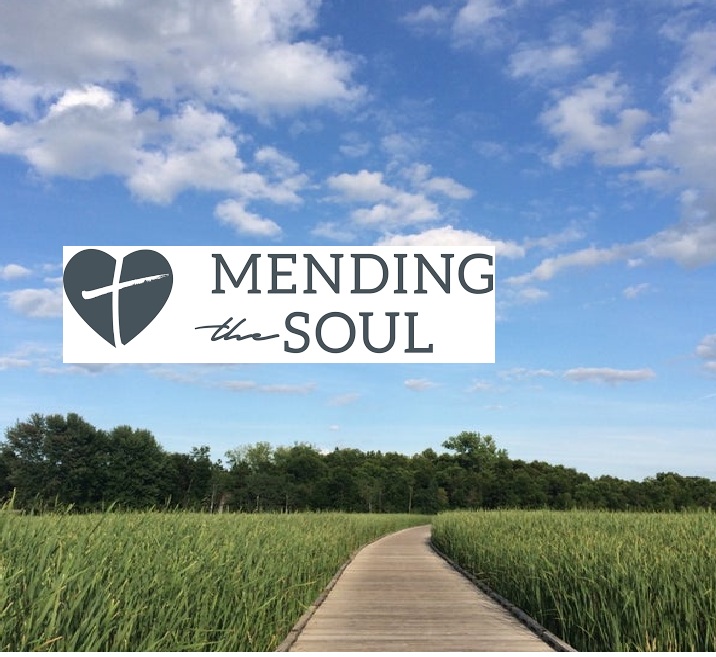Clinical Statement
Clinical Statement

Mending the Soul is a peer to peer support program that is facilitated by survivors who have experienced a period of healing and want to see other victims grow to become survivors. To do this they must complete MTS facilitator training. They are often laypersons who have a lived experienced relevant to the life experiences of other group members but are farther along in the healing process.
Peer support groups can assist individuals to become more comfortable with discussing their past and opening up to help from people outside of their families. Peer interactions have been shown to reduce feelings of isolation and self-loathing. In this way support groups can be stepping stones or a supplement to a therapeutic path. We have built relationships with trauma clinicians from a variety of perspectives and we are open to helping you in exploring this decision, whenever you are ready.
We are also SafeTALK certified to provide initial conversations regarding thoughts about harming yourself or suicide and are willing to respond to any mental health crisis as needed.
If you have any questions about this information, please use our contact form or email us.

What does this information mean for you?
It is important to us that we earn your trust and are clear about the boundaries of this program. We are not licensed counselors or ordained ministers. This support group and course are not a replacement for psychological therapeutic treatment. Rather it is understood in trauma care that seeking therapeutic treatment and trusting a clinician maybe especially difficult for any victims of childhood abuse and it can take extra effort when the perpetrator is a family member.
Confidentiality Statement
We will uphold standards of confidentiality in all one on one interactions and group activities. We expect group members to maintain this same standard. However, as a result of our careers in conjunction with our ministry, we are mandated reporters and are required to report any neglect, abuse, or suspected abuse of minor, elderly, or otherwise vulnerable individuals.
Since we are not licensed or ordained we are not able to provide a legal protection of confidentiality and can be compelled to provide testimony in a court of law.
